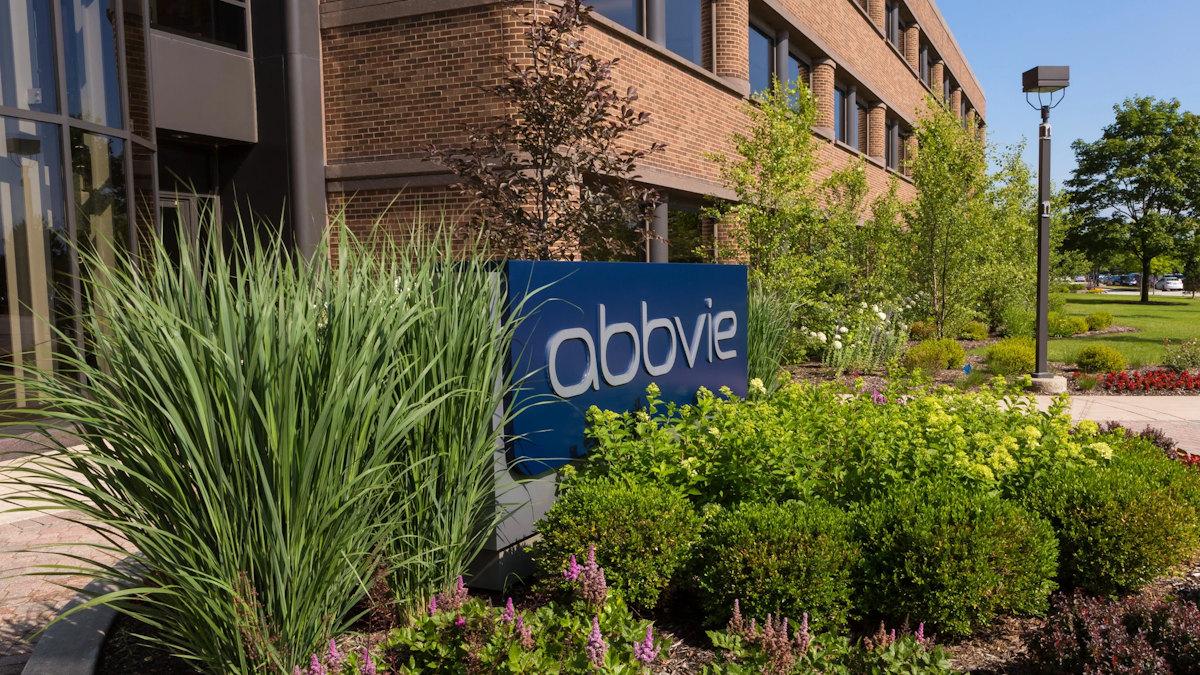BMS hands back rights to cancer ADC licensed from Eisai

Bristol-Myers Squibb has ended a $3.1 billion strategic collaboration with Eisai focusing on antibody-drug conjugates (ADCs) and returned rights to the lead drug in the alliance.
Eisai said in a statement published this morning that BMS’ reason for exiting the agreement was a “portfolio prioritisation effort”, but added that it intended to take over the development of the lead drug.
The candidate – farletuzumab ecteribulin (FZEC, previously known as MORAb-202) – is in two phase 2 trials run by BMS, one in non-small cell lung cancer (NSCLC) and a second in ovarian, peritoneal, and fallopian tube cancers. Eisai, meanwhile, is running a trio of phase 1/2 trials in solid tumours.
The drug is Eisai’s first ADC and is being developed to treat tumours that overexpress folate receptor alpha (FRα), combining an antibody targeting the antigen with the cell-killing drug eribulin. FRα is considered a marker of tumour aggressiveness and is associated with poorer response rates to treatment.
It’s worth noting that BMS’ decision to exit the deal comes shortly after AbbVie secured full FDA approval for its FRα-directed ADC candidate – Elahere (mirvetuximab soravtansine) – for the FRα-positive, platinum-resistant epithelial ovarian, fallopian tube, or primary peritoneal cancer for adult patients who have received one to three prior systemic treatment regimens.
AbbVie took control of Elahere through its $10.1 billion takeover of ImmunoGen, a deal driven by expectations of big sales for the ADC. GlobalData recently predicted that with its first-to-market advantage Elahere could generate $2.8 billion in 2029, with FZEC playing a minor role, making sales of just $75 million in the same year.
Eisai said it would refund part of a $200 million payment it received from BMS to fund the development of FZEC as part of the strategic alliance, which was signed in 2021 and involved near-term payments of $650 million, including the $200 million funding component.
Under the terms of that deal, BMS shared development and commercial rights to FZEC with Eisai in the US and Canada, Europe, China, Japan, and Russia, with exclusive rights elsewhere.
“Eisai now owns all rights to FZEC and will solely conduct the global development and commercialisation of the agent,” it said, adding that it will “accelerate the development of the agent as a high priority, with the hope to deliver it to patients as early as possible.”
BMS, meanwhile, has been steadily growing its in-house expertise in ADCs through a string of deals; for example, paying $800 million upfront in December for a HER3-direct drug from China’s SystImmune, along with smaller alliances involving South Korea’s Orum Therapeutics and German biotech Tubulis.
Photo by Kai Pilger on Unsplash













